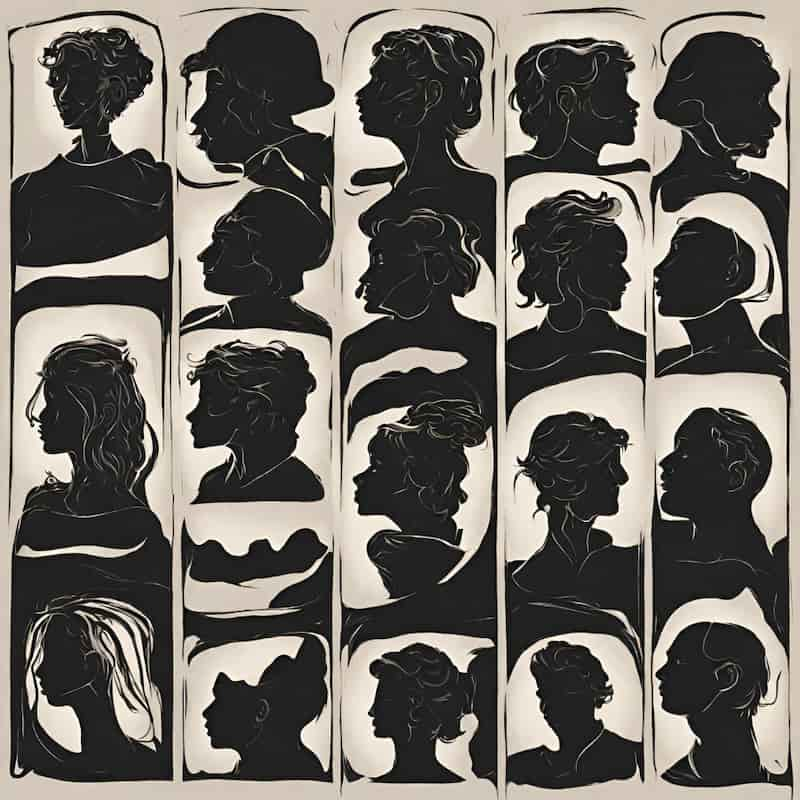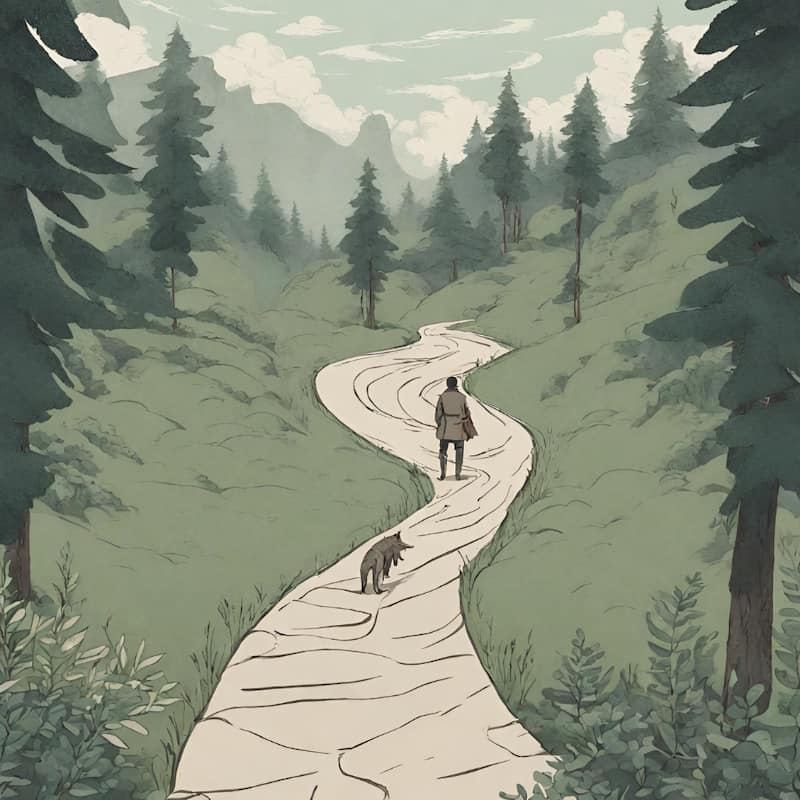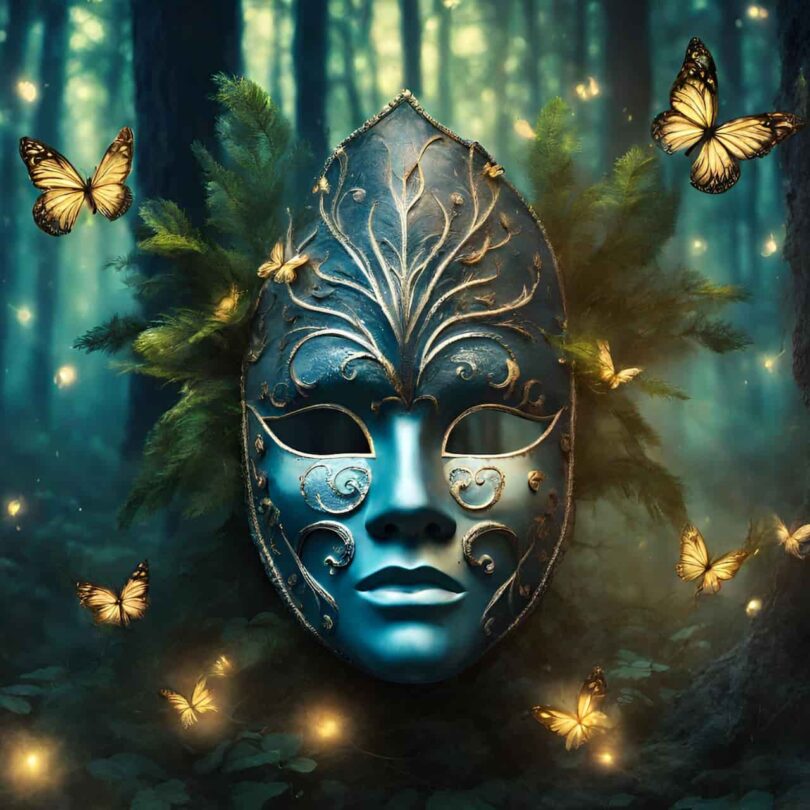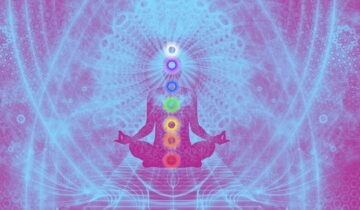Understanding the underlying motivations that drive much of our behavior is an essential part of our journeys of inner exploration as lone wolves and spiritual wanderers.
Have you ever wondered why you want, feel, think, and behave the way you do?
By analyzing your unconscious mind, you can dig to the very roots of why you are the way you are.
Jungian Archetypes

It was psychologist Carl Jung who first developed a theory about how the human psyche was structured and organized, and he referred to these inner patterns as “archetypes.”
The word archetype comes from the Greek words archein, which means “original,” and typos, which means “pattern, model, or type.” Therefore, we can understand archetypes as literally original patterns.
In his theory, Jung developed the notion that our minds use “universal images” that lead to distinct psychological behaviors.
These behaviors were individually acquired and inherited from the “collective unconscious” (e.g., past life experiences).
Types of Archetypes

Jung proposed that apart from the Self, Shadow, Anima, Animus, and Persona, there were 12 other commonly found archetypes.
Recently, scholar Dr. Carol S. Pearson and psychologist Dr. Hugh Marr developed a system of self-inquiry based on these universal archetypes to help us find ourselves and transform our paths.
Pearson and Marr named their method the Pearson-Marr Archetype Indicator® (PMAI).
In this psychological archetype quiz, you’ll explore which one of the 12 types you most closely match and “live through.”
Why Take This Archetype Quiz?

This archetype quiz has been carefully created and inspired by the separate works of psychologist Carl Jung and the Pearson-Marr Archetype Indicator® (PMAI).
Finding your psychological archetype can help you to:
- Embark on a journey of self-discovery by learning how to understand yourself and your needs.
- Learn about your personal gifts, core fears, strengths, weaknesses, shadow self, and life goals.
- Guide your life and help you to make aligned decisions that match your inner needs, desires, and dreams.
- Reclaim a sense of personal power and find more individuation.
Take the Psychological Archetype Quiz!

We all possess the twelve archetypes within this test, but some of them are more predominant within us than others.
What psychological archetype is the most dominant in your personality? Find out by taking our free comprehensive Archetype Test below!
(Please note: this test is not at all a PMAI assessment, nor is it a form of PMAI testing, but is, instead, an informal test designed for fun and to help you gain more self-awareness.)
What did you get?
I’d love to hear below!





I got the seeker.
I got the seeker. I’m not sure about this answer as sometimes a yes/no answer is not nuanced enough. Unsure would indicate a state of not really knowing and the yes/no answer may may depend upon circumstances, rather than uncertainty. On the other hand, I do a lot of seeking in my life and some of the listed traits seem about right, lol. Some traits don’t feel like they quite fit – for example, I’m not overly ambitious. Perhaps that’s more related to my personal perception of ambition though…
Thanks for the quiz – it always provides an opportunity for self reflection. :-)
Someday we hope to make a super comprehensive test :), for now we have to compromise some accuracy for simplicity as I think a proper test of this type would take a few hours to complete 😄
The Seeker (Explorer)
Sage. Thank you!
No worries. Safe is one of the rarer results :)
I got the caregiver. I’ve always put others before myself.
I struggled to name that result. It’s always a split between ‘caregiver’ and ‘caretaker’, one of them is much more tiring than the other as we put others needs above our own which can end up in burnout.
Orphan… so true, sadly…
Seeker was what came up and I definitely identify with this. Thank you for this.
You’re most welcome Karen 😊
I got the seeker. This is exactly me. I am faced with lack of commitment and accordingly continuous disappointment.
That’s definitely the Shadow side of the Seeker, Wandering without a direction can slowly feel like we’re adrift and lost. 💜
Caregiver. I have always put others first, for the greater good.
I got the Orphan and it’s pretty much ME they are describing, even though it makes me cringe to admit it. It shows me how much work I still need to do.
That’s okay Kelly, we’re always a work in the progress, this is especially true for the Orphan who sometimes feels like they’re aren’t enough as they are, and need to do more work to avoid feeling abandoned. 💜